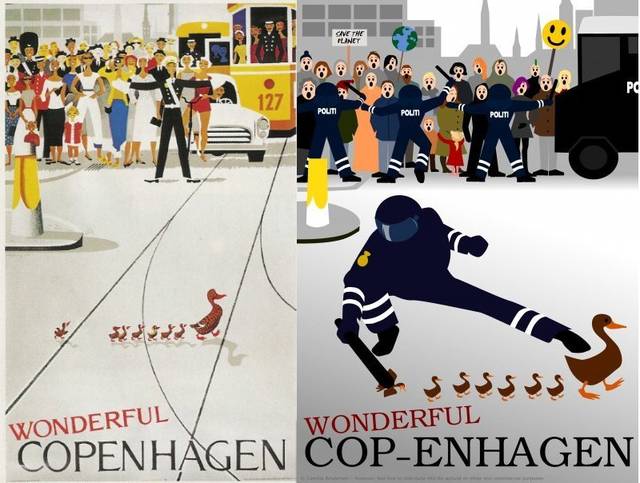Enjoying the great feeling of seeing my latest article (together with Jan Nolin) in (digital) print! Please check out Tolerance is law: Remixing Homage, Parodying Plagiarism which has been published today in the open journal Scripted.
Would like to thank the reviewers for pointing out the flaws and helping us improve the article. But I still want more so every and all comment is appreciated.
The abstract is boring but the article is (hopefully) much more interesting. Abstract:
Three centuries have passed since copyright law was developed to stimulate creativity and promote learning. The fundamental principles still apply, despite radical developments in the technology of production and distribution of cultural material. In particular the last decades’ developments and adoption of ICTs have drastically lowered barriers, which previously prevented entry into the production and distribution side of the cultural marketplace, and led to a widening of the base at which cultural production occurs and is disseminated. Additionally, digitalisation has made it economically and technically feasible for users to appropriate and manipulate earlier works as method of production.
The renegotiation of barriers and the increasing number of creators who publish their works has led to an increase in copyright violations and a pressure on copyright legislation. Many of these potential violations are tolerated, in some cases have become common practice, and created social norms. Others have not been so fortunate and the law has been rigidly enforced. This arbitrary application decreases the predictability of law and creates a situation where creation relies on the tolerance of the other copyright holders. This article analyses different cases of reuse that test the boundaries of copyright. Some of these are tolerated, others not. When regulation fails to capture the rich variation of creative reuse, it becomes difficult to predict which works will be tolerated. The analysis suggests that as copyright becomes prohibitive, social norms, power and the values of the copyright holder dominate and not law.
M Klang & J Nolin, “Tolerance is law: Remixing Homage, Parodying Plagiarism”, (2012) 9:1 SCRIPTed 7 http://script-ed.org/?p=476


